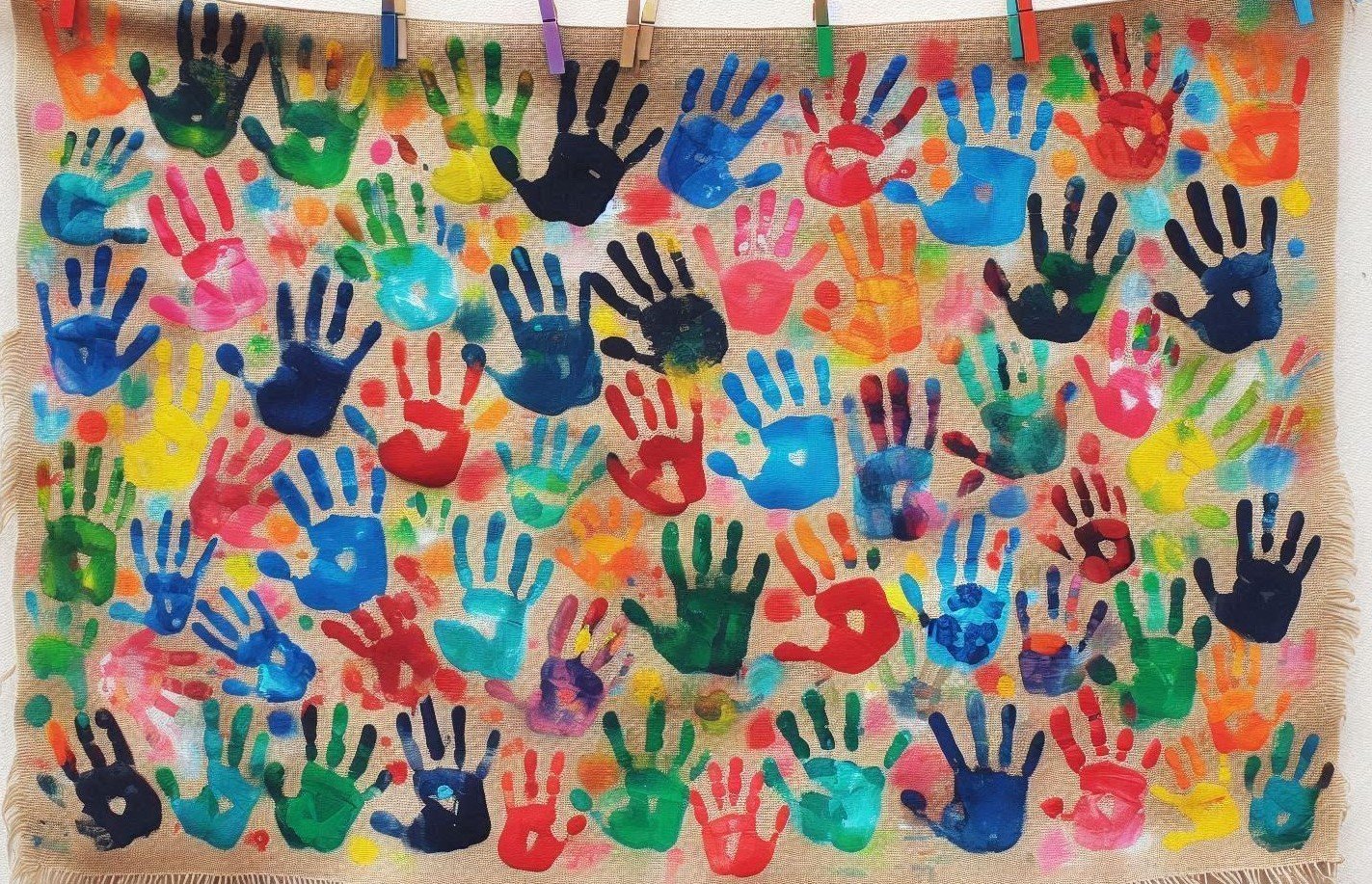
Evaluations for Ages 3 to 6
How are you able to evaluate children so young?
We get this question a lot! We often hear that people have been told that children cannot be evaluated or diagnosed until age 6 or later. This is simply untrue. In fact, it is usually beneficial to identify a child’s needs sooner rather than later because early intervention tends to be the most impactful. A wait-and-see approach, for certain issues, has the potential to backfire. In many cases, the best window for intervention is when a child is very young. For example, children with dyslexia may be best served when intervention has been initiated before the child reaches second grade. For children with other developmental issues, early intervention can be instrumental in helping to offset the later mental health risks associated with early childhood problems such as dysregulated tantrums, disruptive behavior, mood problems, and anxiety. Even when structured interventions are not called for, it can be incredibly important for parents and educators to understand developmental or environmental factors that may be driving a particular early childhood problem.
We have also seen, all too often, that when neurodevelopmental, behavioral, or emotional issues are not identified early, school problems that would have been otherwise prevented have escalated. In such cases, a child may be misunderstood by educators, and their access to needed services and accommodations may be unduely delayed. Misunderstood children are at risk for internalizing negative messages about themselves, which can disrupt their identity development. Additionally, the most rapid period of executive functioning development occurs between the ages of 3 and 5. This means that if we can intervene during these early years, we have the potential to impact brain development in postive ways.
ADHD and autism can be diagnosed in preschool-aged children. However, we tend to be conservative when it comes to diagnosing ADHD in preschoolers. When autism is clear, we offer the diagnosis. For children with more nuanced presentations of the autism spectrum, autism may become more apparent later in development and we may decide to defer an autism diagnosis. We do not typically diagnose learning disabilities in children before they are school-aged, although we can identify children who may be at risk for dyslexia and benefit from intervention.
All of this said, however, evaluations are not just about finding a diagnosis. Our evaluations for young children are focused on describing the child’s developmental strengths and vulnerabilities. The aim is to identify areas in need of intervention and/ or understanding, and for caregivers to come away from the evaluation with a deeper understanding of their child’s needs. A diagnosis may or may not end up as a part of the picture.
In terms of how evaluations are conducted, we typically schedule two sessions of one to two hours with the young child. Depending on the child’s developmental level and needs, we may keep the caregiver in the room with the child for the duration of the assessment. We have standardized tools for assessing a child’s cognitive development and communication skills. We have semi-structured and qualitative methods for assessing a child’s social development, play skills, and self-regulation. Our providers who assess young children have extensive experience in working with this age range and strong training backgrounds in conducting developmental assessments. We are ready to adapt procedures according to a child’s needs, given that many young children are not ready to sit at a table to do structured testing. While some of our tools are structured, others are more play-based. During the intake process, we can share more specifics about what to expect for your child’s first visit with us.


